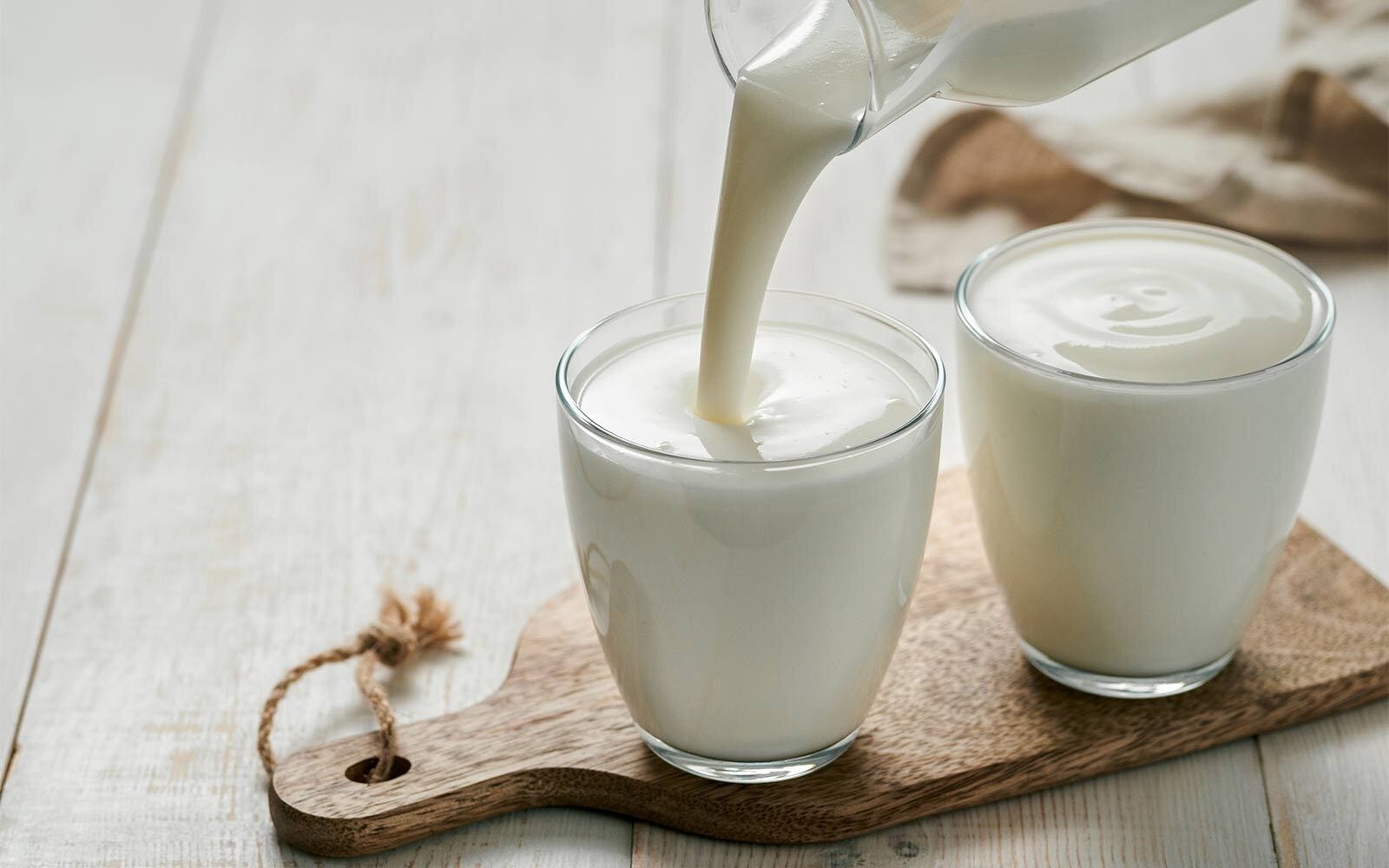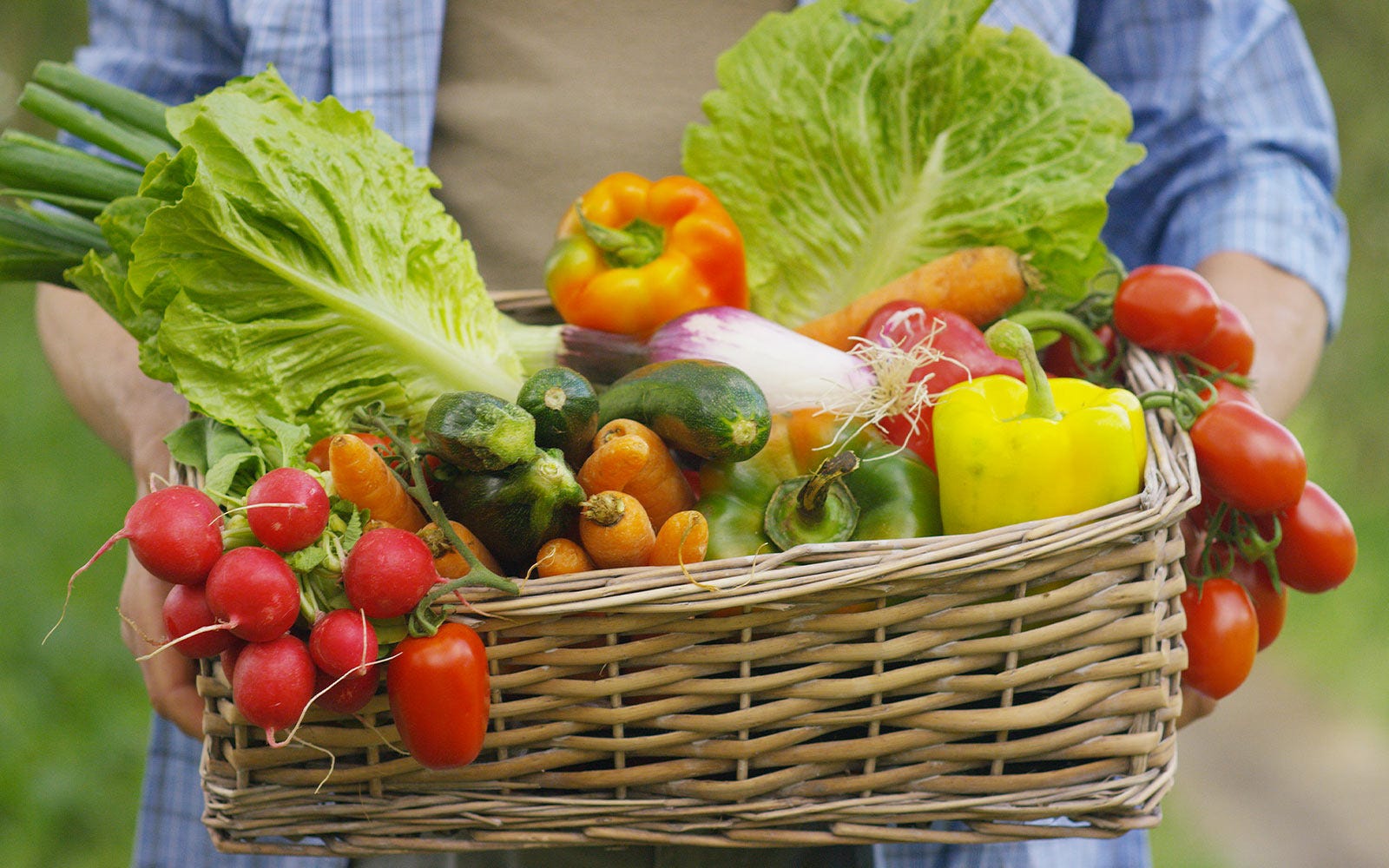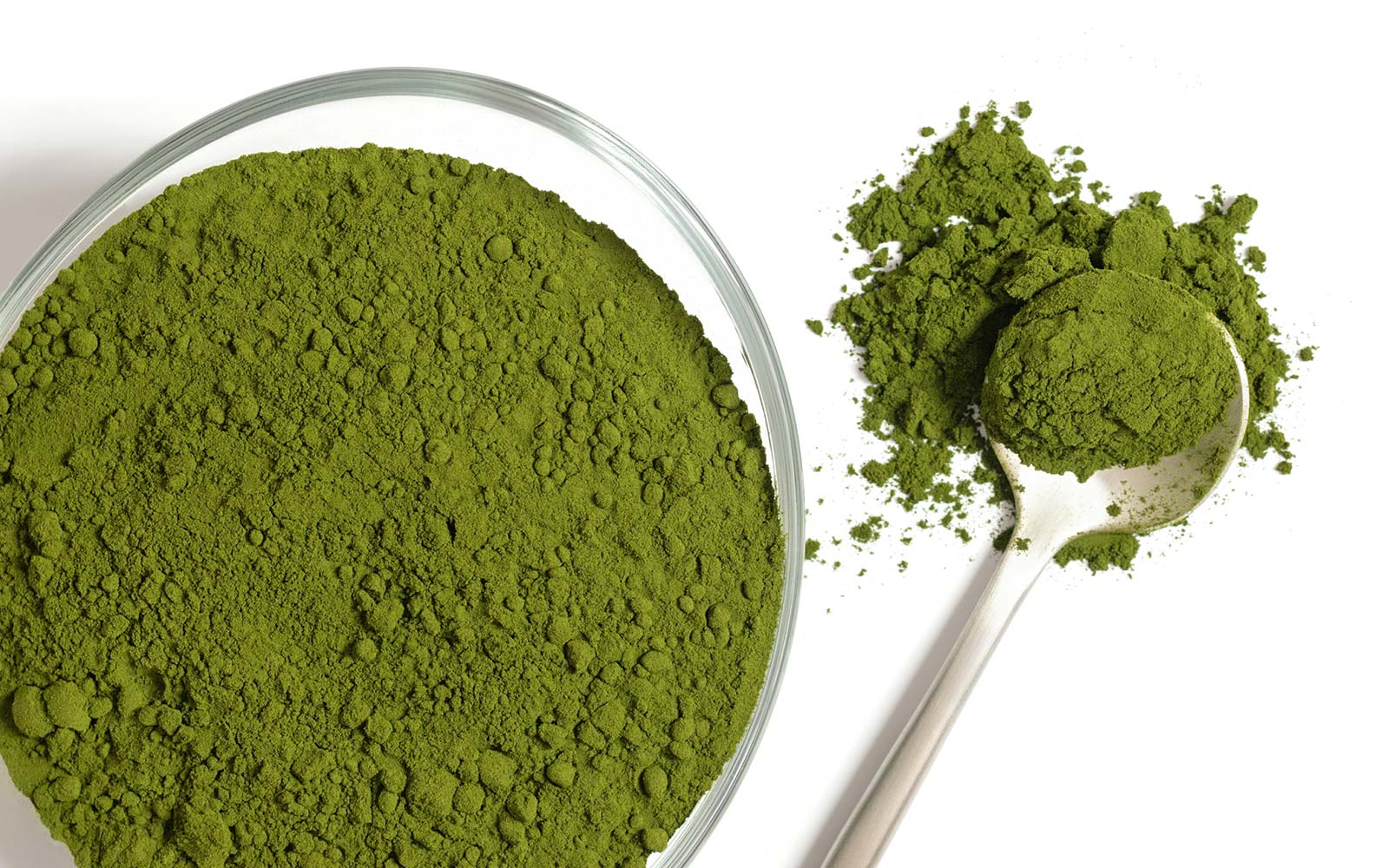When to Take Probiotics
Can taking probiotics at different times impact how well they work?

When you want to step up your wellness game and add probiotics to your daily routine, it can be hard to know where to begin. There are many different strains of probiotic supplements available, and each combination is made specifically to support different areas of health. Then there’s the million-dollar question: when is the best time to take your probiotic? With or without food? Before breakfast or after dinner? We share our advice on all of this and more to help you choose the probiotic supplements that are right for you.
Why Probiotics are Key to Supporting Gastrointestinal Health
Our gut microbiome is made up of hundreds of trillions of bacteria. These bacteria greatly influence our overall health and wellbeing. Taking probiotic supplements can help you restore, maintain and improve the balance of good and bad bacteria in your gut, bringing many positive health benefits. Some of these benefits include building a robust immune system and supporting digestive wellbeing.
But while they provide wonderful support to your health, probiotics aren’t a cure-all. It's always best to discuss any concerns you may have with your healthcare professional.
Probiotics are live bacteria that help restore good bacteria in the gut. Here’s how probiotics can improve your health:
-
build a robust immune system
-
assist in digestion and reduce bloating
-
support general health and wellbeing
Some probiotics, such as those from Nature's Way Restore, contain prebiotics, which are are plant fibres.
Whether you're looking to, reduce bloating, or replenish the good bacteria after taking antibiotics, chat to a pharmacist or naturopath about which combination of probiotic and prebiotic strains will best suit your needs. Once you target an area you want to support, it’s easier to find the best supplement for your gut health.
How to Use Probiotics After Antibiotics
When you're taking a course of prescription antibiotics, it’s important to know when the best time to take your probiotic is. This will ensure you’re still getting all of the health benefits from the probiotics.
Consult your healthcare provider or a health professional for further information.
Foods with Natural Probiotics
There’s a whole range of foods that provide a nutritious and natural way to get the benefits of probiotics and grow good gut bacteria. These include fruits and vegetables like chicory, beetroot and cabbage, and other high-fibre foods such as legumes and pulses, like lentils. You can also try adding probiotic foods like yoghurt to your breakfast, or fermented foods like kimchi to your meals.
Just add fibre and colour
High-fibre foods are always a good idea when it comes to improving gut health. And so is adding a rainbow of superfoods to your plate. Try mixing things up and incorporating new ideas with your salad and vegetable combinations from day to day. A broad range of these foods will support the good bacteria in your gut.
A Happier Gut Equals a Healthier You
Probiotics are a great addition to any wellness routine. Once you identify which kind of good bacteria will help you achieve your health goals you can choose the right one and make them part of your daily health ritual. Always read the label and follow the directions for use.







